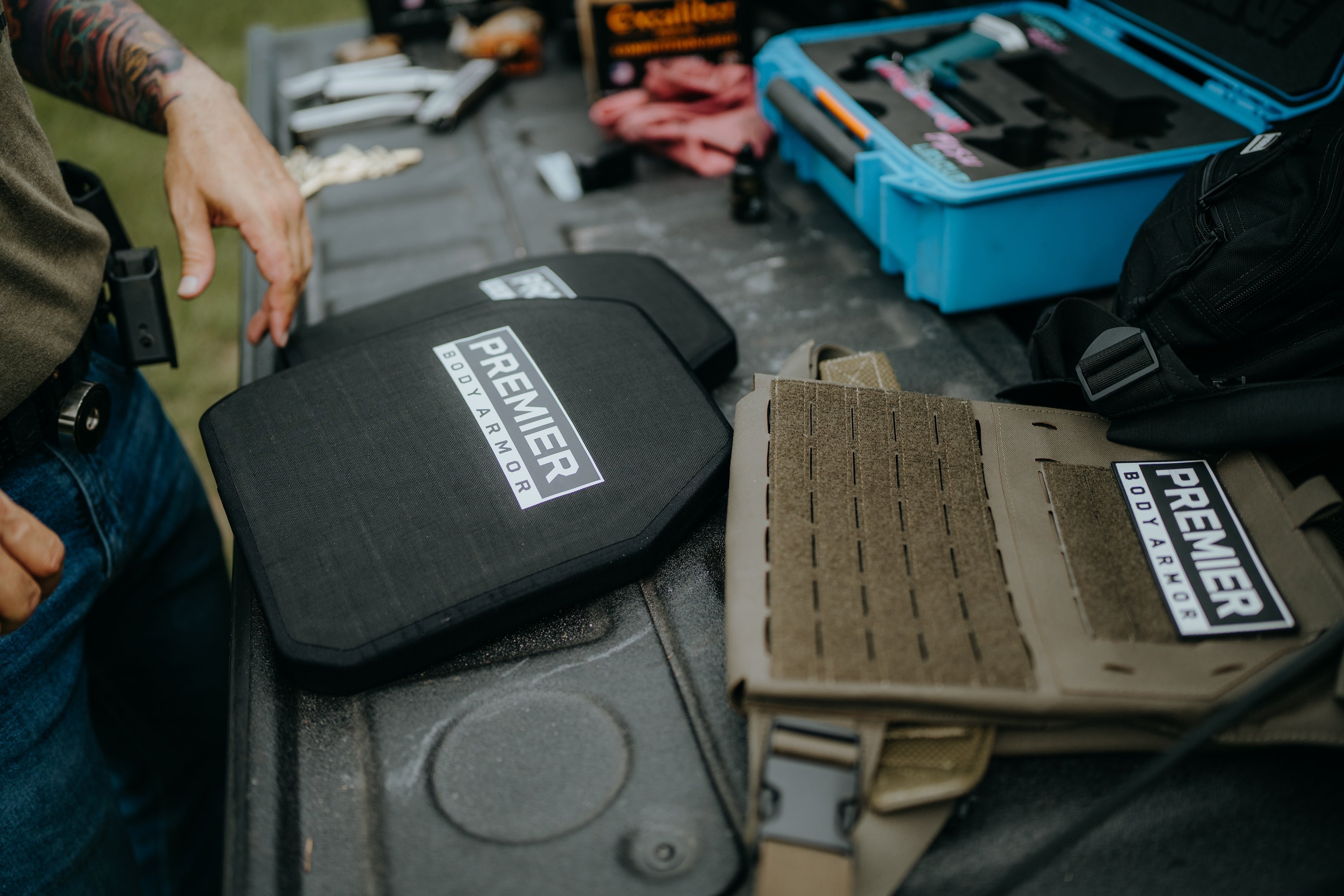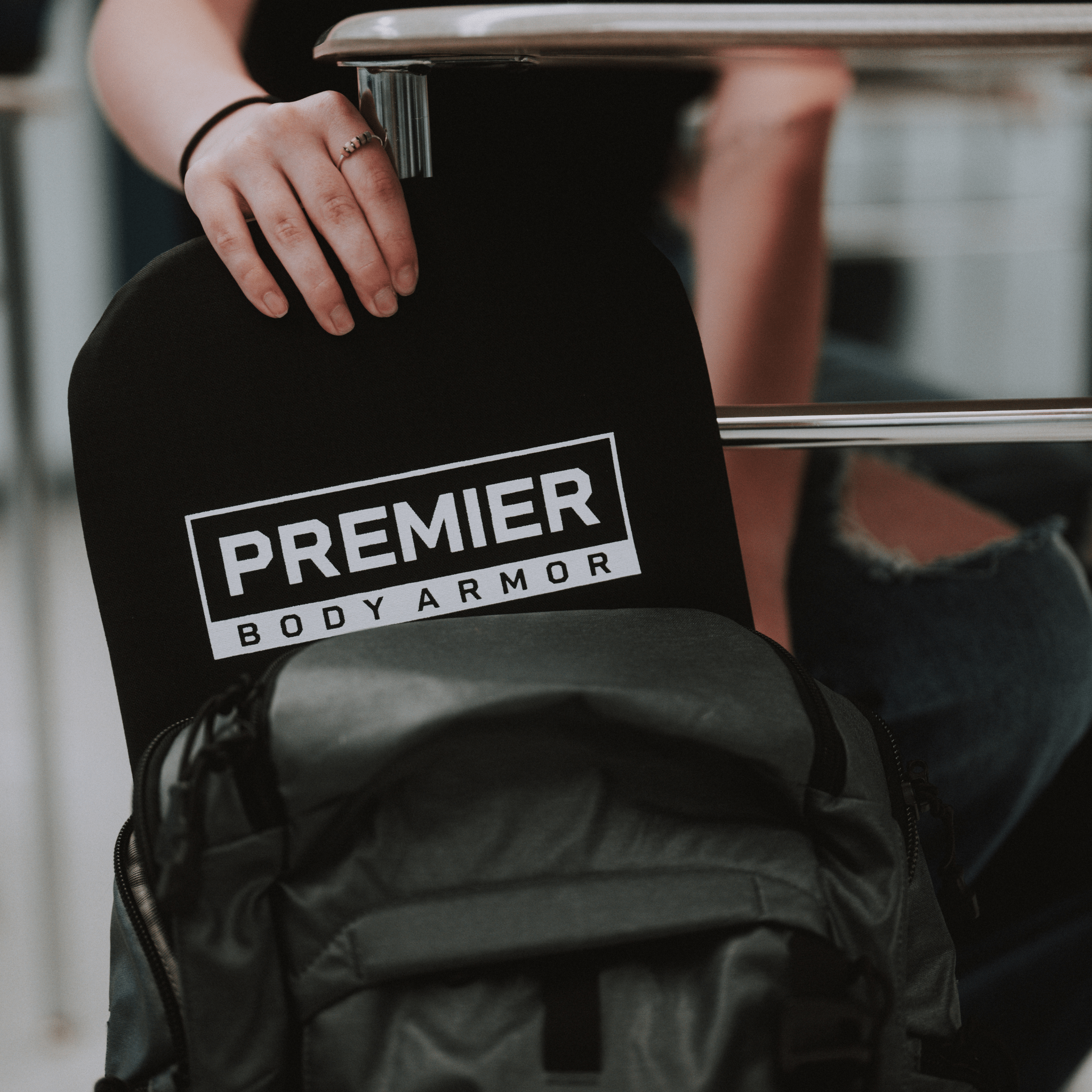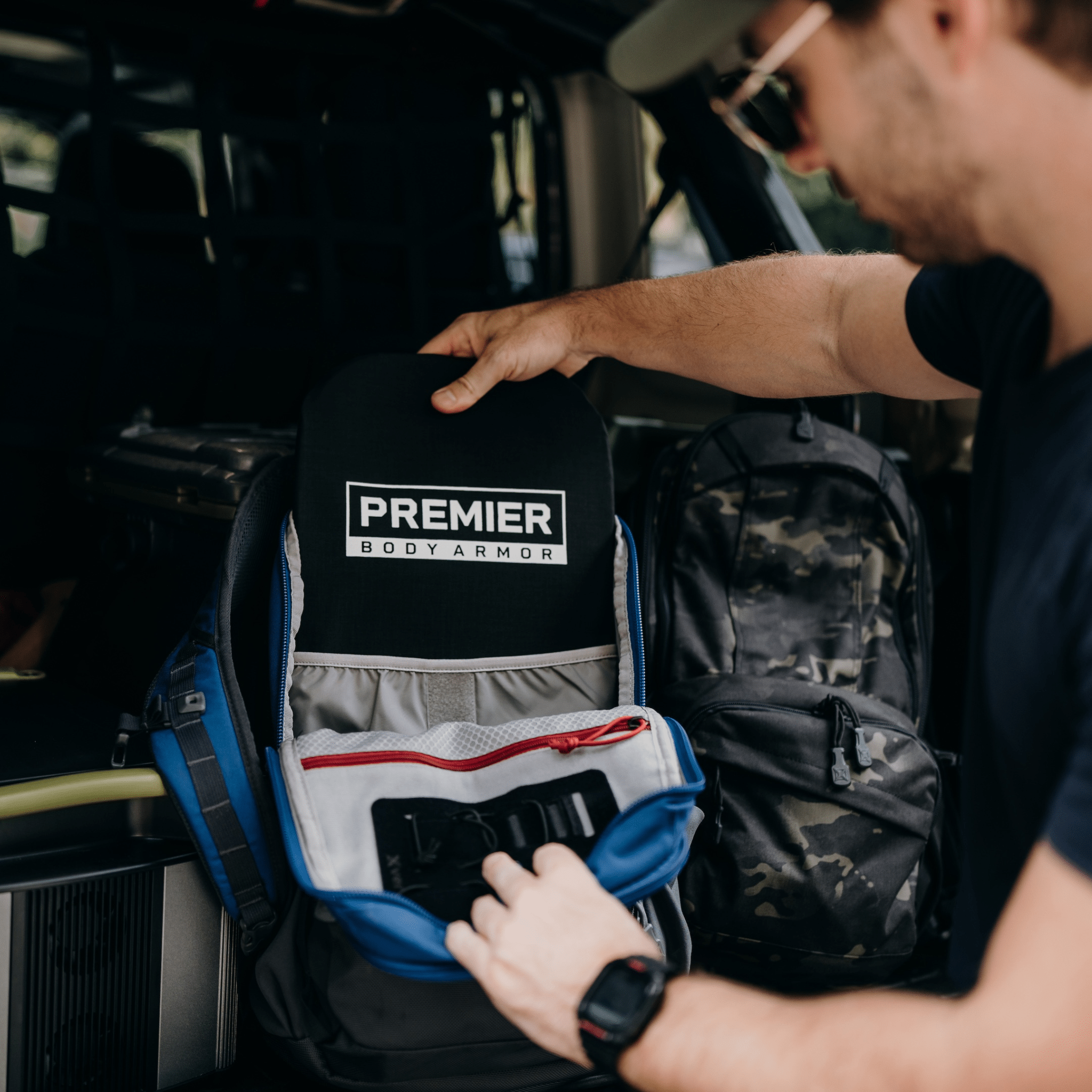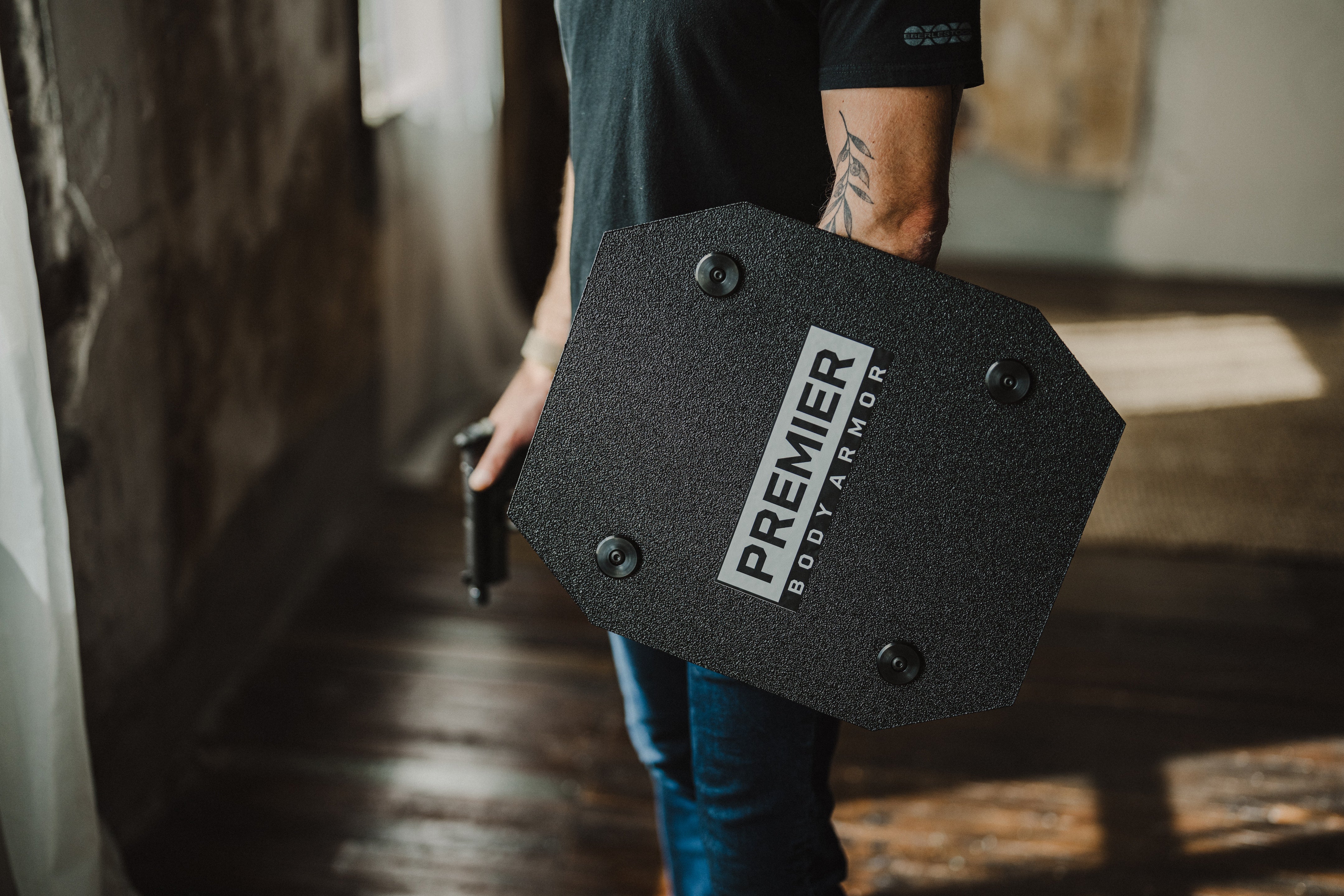The Vitals: Body Armor & the Cardiac Box
When choosing the right body armor, you have to find the right size and shape. The best body armor – despite coming in various shapes and sizes – has three primary purposes: concealability, comfortability, and protection. To achieve the latter, it should cover the vital organs within the cardiac box, as this is one of – if not the most – vulnerable part of the human body.

The Cardiac Box
The cardiac box (a.k.a "the box") is a rectangle bordered by the sternal notch (superior), xiphoid (inferior), and nipples (lateral). This three-dimensional box defines anatomic areas at the highest risk of cardiac wounds, which medical specialists characterize as especially lethal, and where gunshot wounds are often fatal.
Penetrating cardiac injuries – a compilation of injuries within the cardiac box most often caused by gunshots – are notably dangerous, so much so that they are referred to as the Deadly Dozen. The Deadly Dozen injuries, despite advances in emergency medicine, still have a relatively high mortality rate. According to research, these severe thoracic (having to do with the chest) injuries cause 25% of all trauma deaths and contribute to another 25% of trauma-related mortalities.
Cover Your Six
Six of these twelve life-threatening thoracic injuries are imminent threats (The Lethal Six) and should be evaluated and treated in the primary assessment. In emergency medicine, the primary assessment is intended to rapidly assess and treat life-threatening injuries. The other six are potential life threats (The Hidden Six) that E.R. specialists should detect in the second assessment. The second assessment is – in simple terms – a more detailed check, obtaining vital signs and assessing the area of injury. The second assessment determines injuries that might've gone under the radar otherwise.
The Deadly Dozen injuries – frequently caused by a foreign object piercing the skin like a bullet – often result in immediate death. Research shows that people with cardiac box injuries or trauma die before arriving at the hospital 90% of the time.
Most body armor on the market is specifically shaped to cover one part of the body: the torso or cardiac box. Now, that might seem strange because there are more parts of the body than the torso area. However, injuries in this area are severe – more severe than most, as injuries outside the cardiac box are more easily treated with blood control technologies.

Body Armor Design
Though you might ask: "Why not use full body bulletproof armor?" The answer to that is it's simply not practical. On top of being extremely heavy, today's body armor can't be worn after being hit. Not to mention that it would provide no concealability or use for the everyday person. Regardless, shooters commonly target the cardiac box because it's the most open to attack, and gunshot wounds to this area are the most lethal. So, protect the heart, protect your life. That's what body armor does.
The Police Executive Research Forum (PERF) proved body armor's effectiveness in saving lives. The results of their research show by not wearing body armor, police officers have 14 times the risk of injury or death. By the same token, body armor is attributed to saving the lives of more than 3,000 police officers in the past three decades. That's just in the United States. So, worldwide, that number is probably much, much higher.
But not all types of body armor provide the same protection levels. All of our discreet, concealable bulletproof vests (excluding the Elite Executive Vest) are NIJ certified Level IIIA armor. The NIJ protection levels refer to the type of ammunition body armor can resist. Statistics show that the most common weapons used in shootings are handguns. Our Level IIIA vests are designed to protect against all common handgun rounds and 12-gauge shotguns. Any of our bulletproof vest selections come with a 5” x 8” trauma pad for added protection.
So, when searching for the most concealable, comfortable, and anatomy-protective body armor, where do you start? Well, the Everyday Armor T-Shirt 2.0 achieves all three of those purposes. Being a T-shirt, it's convenient, comfortable, and easily concealed, but it was also intentionally designed to protect the cardiac box. The 2.0 maintains Level IIIA protection and measures in at 7.75" x 12.75," which is determined to be the optimal size to cover the Cardiac Box while maximizing concealability. That said, for the everyday person, this product – and other similar products from Premier Body Armor – allow the everyday person to ensure safety without feeling burdened.
Written by: Andrew Schuler
References
https://journalfeed.org/article-a-day/2020/trauma-to-the-cardiac-box-is-it-more-dangerous/
https://journals.lww.com/ccnq/fulltext/2005/01000/thoracic_trauma__the_deadly_dozen.4.aspx











Leave a comment